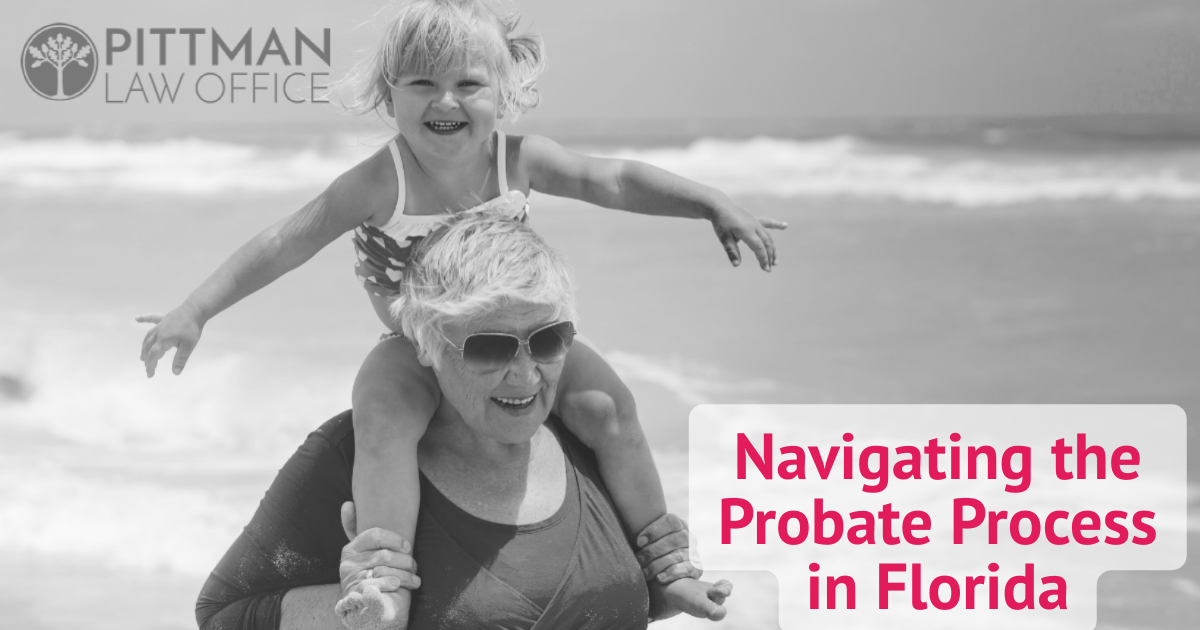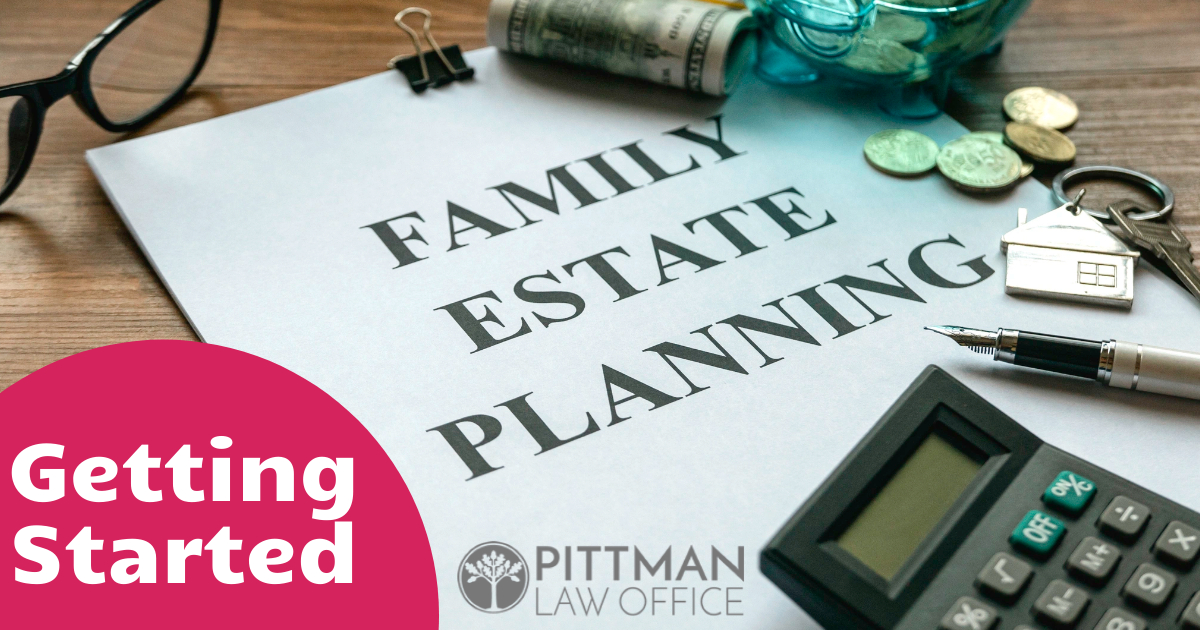Getting started with estate planning may seem daunting but breaking it down into manageable steps…
Navigating the probate process in Florida can be a daunting task, especially for those unfamiliar with the legal system. Our next series of articles will provide you with an overview of probate in Florida, from understanding what is required to initiate the process to gathering assets and distributing them among heirs. We will discuss who is involved in the probate process, what documents must be filed, and what steps are taken throughout the whole procedure.
What is Probate?
Probate is a legal process that takes place after an individual dies and their probate assets are distributed to their beneficiaries. Probate assets are assets that are in an individual’s name alone, meaning there wasn’t a beneficiary on the asset. Often times, probate attorneys help individuals work through this process which involves validating the deceased person’s will, if one exists, as well as identifying and inventorying their assets, paying outstanding debts and taxes, and ultimately distributing the remaining assets according to the terms of the will. In Florida, probate is handled by the Circuit Court in the county in which the deceased person lived.
Overview of the Probate Process in Florida.
The probate process begins with filing a petition with the court to open an estate on behalf of a deceased person’s heirs or beneficiaries. The appointed personal representative (PR) in a Formal Administration oversees this process and must provide evidence that they have authority to act on behalf of all interested parties involved in probating an estate such as creditors or heirs who may be entitled to receive property from it. Often times, PR’s engage probate lawyers to help them understand, manage, and administer their duties.
Certain documents must be filed with court clerks before probate can begin including death certificates or wills among other items relating to a decedent’s estate. Next, PRs are expected to notify all known creditors via certified mail about potential claims against a decedent’s estate along with providing them information about filing deadlines for doing so within three months from when notice is sent out. Then creditors’ claims must be reviewed for validity before being paid off either directly from funds available in an estate or from insurance policies held by it prior to asset distribution taking place amongst named beneficiaries according to law and/or instructions outlined in a valid will (if one existed at time of death) that has been accepted by court clerks during initial stages of probate proceedings.
Now that we have discussed some of the basics, our next article will discuss more about navigating the probate process in Florida.
Pittman Law Office is comprised of qualified Florida estate planning attorneys and probate attorneys who stand ready to assist you through the probate process. Amy Pittman, Esq. has extensive experience and has been a preferred probate attorney for The Villages area for more than 16 years. If you need an estate planning attorney and/or probate attorney, we encourage you to schedule a consultation today!




